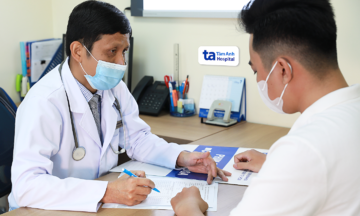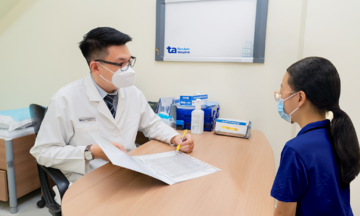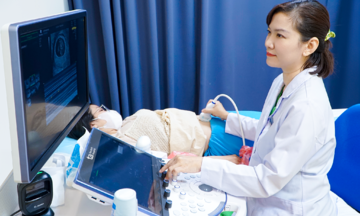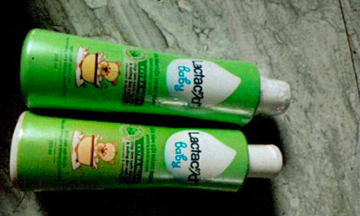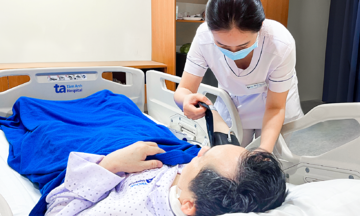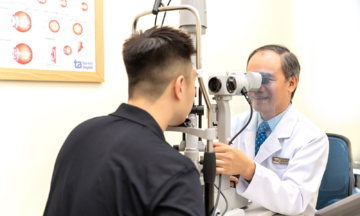A 10-year-old girl is in critical condition at the National Children's Hospital in Hanoi after accidentally drinking rat poison. The poison, one of six tubes purchased by the family and stored near the bathroom, contained sodium fluoroacetate, a potent toxin that can cause organ failure and death.
Immediately after ingesting the poison, the girl experienced difficulty breathing, turned blue, and began convulsing. She was rushed to a local medical facility and then transferred to the National Children's Hospital. Upon arrival, she was in a state of respiratory and circulatory failure, deep coma, continuous convulsions, cardiac arrhythmia, and acute kidney injury.
Doctors immediately initiated life-saving measures, including mechanical ventilation, vasopressors, and antiarrhythmic medication. They also performed continuous renal replacement therapy to support kidney function and treated her for cerebral edema to minimize secondary brain damage. Tests confirmed the presence of sodium fluoroacetate in the girl's blood, urine, and the remaining poison.
"Even a small dose of this substance can cause cardiac arrest, damage to the brain, liver, and kidneys, and ultimately, death," said Dr. Tran Dang Xoay of the Department of Internal Intensive Care. He added that after 48 hours of intensive treatment, the girl's condition remained critical. She is still in a deep coma, and her prognosis is uncertain. Even if she survives this critical phase, the likelihood of long-term neurological damage is high.
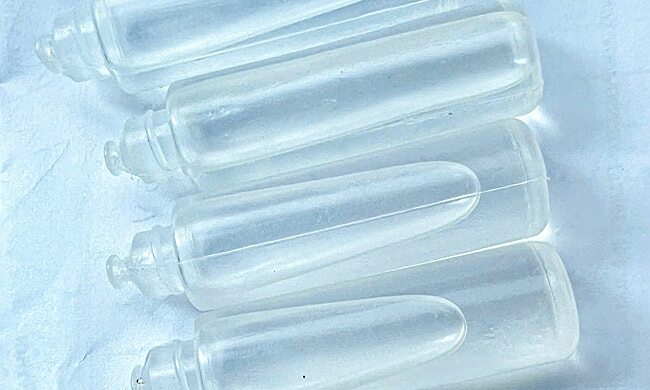 |
The rat poison that caused the girl's poisoning. Photo: Family provided |
According to the family, the white, unlabeled rat poison resembled tubes of probiotics or children's medicine, making it easy for a child to mistake it for something harmless. The family also expressed concern that such poison is readily available for purchase both in stores and online.
The National Children's Hospital reports numerous cases of chemical poisoning in children annually, primarily due to adults failing to store such substances safely out of reach. Some cases also involve intentional self-harm.
Doctors urge families with young children to keep medicines and hazardous chemicals locked away and out of sight. They advise against storing chemicals in beverage containers or brightly colored bottles that might attract children's attention. Educating children about the dangers of ingesting unknown substances without adult supervision is also crucial.
If a child exhibits symptoms of chemical poisoning, such as vomiting, convulsions, difficulty breathing, or loss of consciousness, immediate medical attention is essential. Improper home treatment can delay life-saving intervention and increase the risk of complications.
Le Nga





